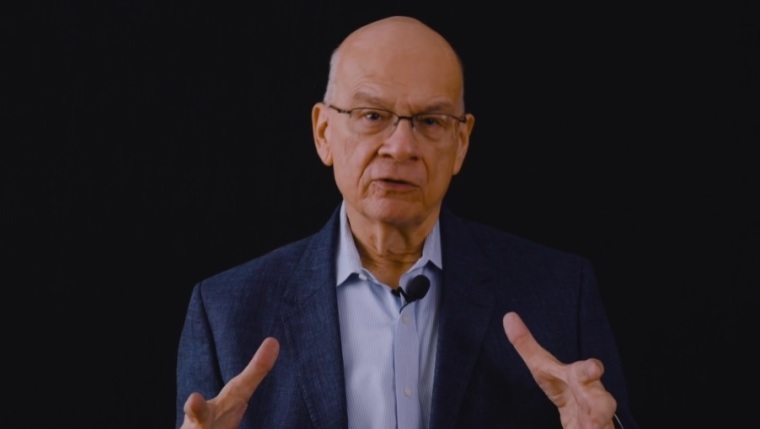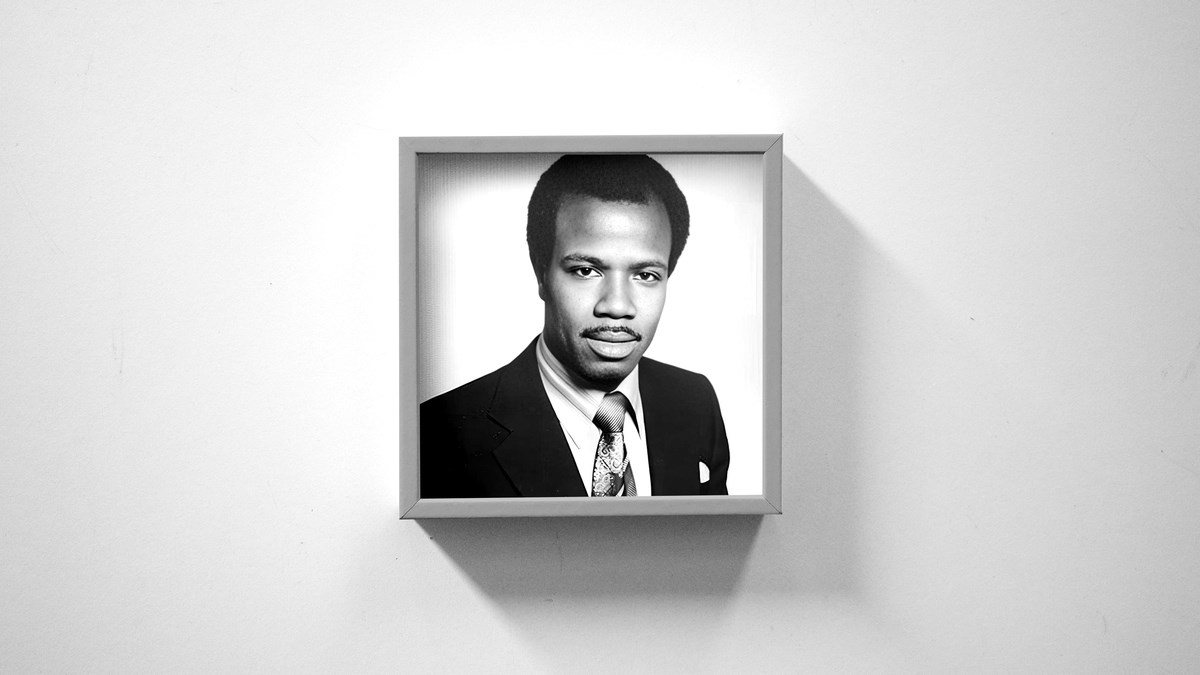
When Evangelical pastor Tim Keller died in May, hundreds of tributes poured out from those remembering him as a thoughtful theologian, impactful leader and pioneering evangelist.
But for Grammy Award-winning artist Lecrae, Keller played a crucial role in saving his life.
In an interview with The Christian Post, the 43-year-old singer-songwriter recalled how, for many years, he was the “darling” of Evangelical Christianity. “Nothing I could do or say was wrong,” he said, until he began to speak out against racial injustice.
“There was so much backlash and people canceling me and people saying that I was no longer a Christian, and it really drove me to a place of darkness, because in my mind, where else was there to go?” he said. “I had kind of made my mind up that this was the only expression and iteration of Christianity that was valuable and that made sense, and if these people have turned their back on me, then maybe it wasn’t real to begin with. And that hurt. That pain kind of drove me to a place of doubt and deconstruction.”
During what he described as one of the “darkest seasons” in which he contemplated ending his life, Lecrae began reading Keller’s 2018 bookProdigal Prophetwhile in Mexico. The book centers on the biblical story of Jonah and how he points forward to Jesus, God’s true prophet.
“I am literally on the verge of wanting to end my life, being honest,” he shared. “And I’m trying to read this book, like, ‘God, just speak to me.'”
At that moment, he looked out the window and was shocked to see the water from the ocean shooting up into the sky: “I thought to myself, ‘So now I’m losing my faith, and I’m going crazy. I’m losing my mind, now the water’s coming out of the ocean up into the sky. I’m done. it’s a wrap for me,'” he said.
“And as I’m reading Prodigal Prophet, a story of Jonah and a giant fish, I see this massive whale come up out of the ocean, and come back down, and the water had been coming from its spout,” Lecrae continued. “It was almost as if God was just saying, ‘I’m here. I’m with you. I see you, and keep pushing forward.’ And that was a life-altering moment.”
For Lecrae, who now has a whale tattoo on his arm in honor of that experience, that was just one example of the many ways Keller, who died on May 19 at the age of 72 after a lengthy battle with stage 4 pancreatic cancer, impacted his life and career.

The rapper has opened up — including in a recent episode of the podcast “Premier Unbelievable?” — about how the late pastor’s influence set him on a transformative path in ministry, music and life and what the Church can learn from his commitment to Gospel truth.
Lecrae vividly recalled the moment that sparked his interest in Keller’s teachings.
Fresh out of college and preparing to work in a disenfranchised community in Memphis, he was handed an article on missional living by Pastor Eric Mason. The article cited Tim Keller and Leslie Newbigin, and it struck a chord with the young rapper. Lecrae found the content inspiring, and the ideas presented resonated deeply within him — so much so that he wrote a song called “Send Me” based on the insights he gleaned from Keller’s work.
“One of the things I admire about Tim Keller is that he was not there to teach Christians how to become pastors, but he was there to use his biblical insight and wisdom to unpack the scriptures for Christians so that they can be effective believers in society, whatever field of endeavor they functioned in,” Lecrae said.
As Lecrae’s career progressed and diversified, so did his exploration of Keller’s teachings.
One aspect of Keller’s work that resonated deeply with Lecrae was the concept of “humble excellence” and the freedom to be a Christian in secular spaces. Before encountering Keller’s teachings, Lecrae said he felt torn between exclusively creating explicitly Christian music and engaging with mainstream audiences.
Keller’s emphasis on distinction without compromising one’s beliefs empowered the rapper to navigate the music industry with confidence and resonate with both the secular and the sacred.
“He had this quadrant that I use consistently that just showed me that I need to be distinct, but at the same time, I need to be transformational and do humble excellence and service,” he said. “His work alone has probably been the single most influential for me in reaching a very skeptical, atheistic kind of space that I was entering it. He always spoke as if nonbelievers were in the room, and so it affected every aspect of what I was doing as an artist as a speaker, and everything else.”
Keller served in pastoral ministry for four decades, including founding and pastoring Redeemer Presbyterian Church in Manhattan. He also co-founded the church-planting network Redeemer City to City.
Lecrae, who eventually went on to serve on panels and workshops with Keller, credited Keller’s years pastoring in New York — a famously secular city — with shaping and challenging his views, allowing him to navigate secular society with grace.
“He was very kind and generous and caring and nurturing toward those outside of the faith while still holding on to his views and his biblical beliefs,” Lecrae said. “There’s a way to do it where you’re not obnoxious and you’re not condescending, but you’re, in many ways, saying, ‘Listen, I’m a broken human being like the rest of you all. It’s just this grace that is transformed me … and allows me to have the confidence in who God is and who I am in Christ.”
And though Keller’s perspectives on topics like Christian nationalism drew the ire of many, Lecrae commended the late pastor for his ability to engage an increasingly polarized culture with wisdom and grace. Keller, he said, was a “student” who constantly pursued the knowledge and understanding of where society has been, where it is going, and the centrality of faith in navigating life.
“Without that understanding of where we’ve been and where we are and where we’re going, you can tend to get swept up into the noise of the day, you can tend to get swept up into the political news cycle and all those particular things without this kind of transcendent perspective that the Scriptures provide,” Lecrae said.
“While everyone is kind of co-opting these biblical worldviews for their own political progress, he’s saying, ‘No, we’re not gravitating to either side of the political aisle because they have adopted biblical values; we’re holding on to the biblical values themselves as they espouse themselves in society and culture.’ And that was probably so key because you just can’t argue with the Bible.”
The artist, who will appear in the upcoming film “Journey to Bethlehem,” said that as he moves toward the next season of his life, he hopes to pass on the insights he’s gained over the years — including the wisdom he learned from Keller — to the next generation.
“I’m wanting to be more conscientious and conscious of legacy building and investing in others and raising up others and giving the insight and wisdom that I have to a younger generation and giving these tools to younger people as well,” he said.
“I feel like God has blessed me with an insight that I feel like a lot of my community hasn’t been privileged to,” he said. “So, how can I contextualize some of the things that I’ve been learning and then handed back out to communities that need it?”
Leah M. Klett is a reporter for The Christian Post. She can be reached at: leah.klett@christianpost.com
Free Religious Freedom Updates
Join thousands of others to get the FREEDOM POST newsletter for free, sent twice a week from The Christian Post.




























![[Video] More – Aghogho » GospelHotspot](https://gospelhotspot.net/wp-content/uploads/2024/04/More-Aghogho.jpeg)
















